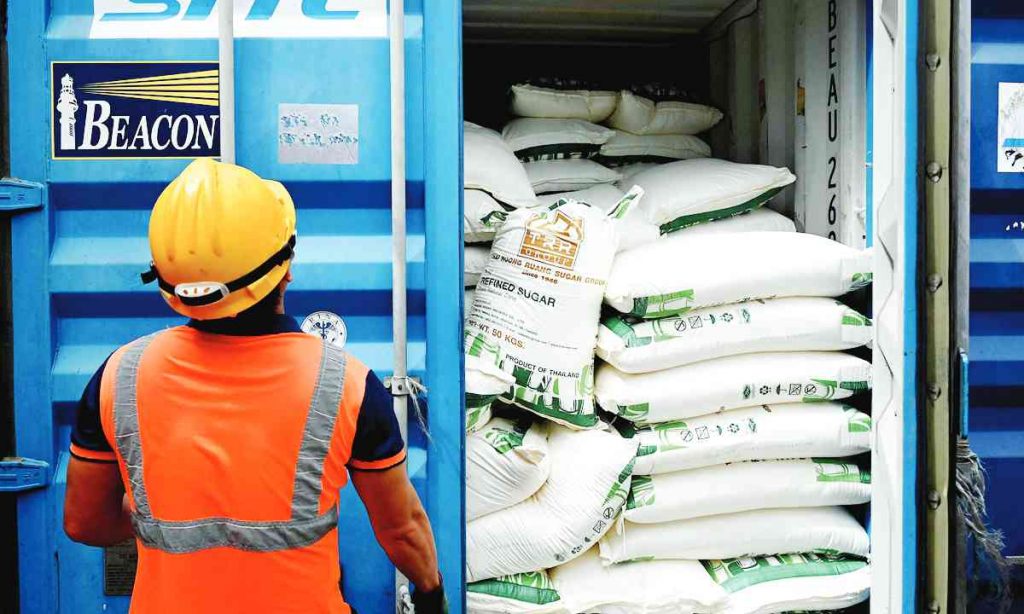
By Dominique Gabriel G. Bañaga
A local labor group is still continuing to question the Sugar Regulatory Administration (SRA) in its proposal to import 450,000 metric tons (MT) of sugar.
Wennie Sancho, secretary-general of the General Alliance of Workers Association, said they are currently baffled at the actions of other sugar groups in the country, that previously were aggressively blocking the entry of 150,000 MT of sugar.
However, he said, a majority of them support the SRA’s sugar importation plan.
He warned that an oversupply of sugar could happen if the proposed importation proceeds, pointing out that the milling season is just about to end.
Sancho also questioned the government as to what assurance they could give so that importing sugar would help lower prices.
He reiterated his earlier calls for the government to be more aggressive in pursuing profiteers instead of pushing for importation.
The sugar shortage experienced last year would not have happened in the first place if the government had stepped up its operations against profiteers and hoarders of the basic commodity, he said.
Sancho said they will write a letter to the SRA asking for complete data of the country’s sugar supplies to study and find out as to how much is really needed.
He further warned that a “market abuse” could happen to the point that sugar remains expensive despite its sufficient supply in the market.
Earlier, the group said the unregulated entry of subsidized imported sugar would be disastrous to the local sugar industry as it could bring grave injustice and irreparable damage and losses to the local sugar industry.
Other sugar groups, such as the Panay Federation of Sugarcane Planters, the National Federation of Sugarcane Planters, and the Confederation of Sugar Producers Association are proposing to lower the importation volume to 350,000 MT only.
They also said the SRA should specify the volume of refined and raw sugar, based on assessment of market requirements, and the portion will go to the domestic market that will be earmarked for industrial and institutional consumers, with safeguards to ensure that the sugar goes to the intended markets.
Their recommendation will cover the two-month buffer stock to minimize its effect on mill gate prices when regular milling begins in September.
The three groups also added in their proposal that the suggested sugar volume should arrive in two tranches./DGB, WDJ
